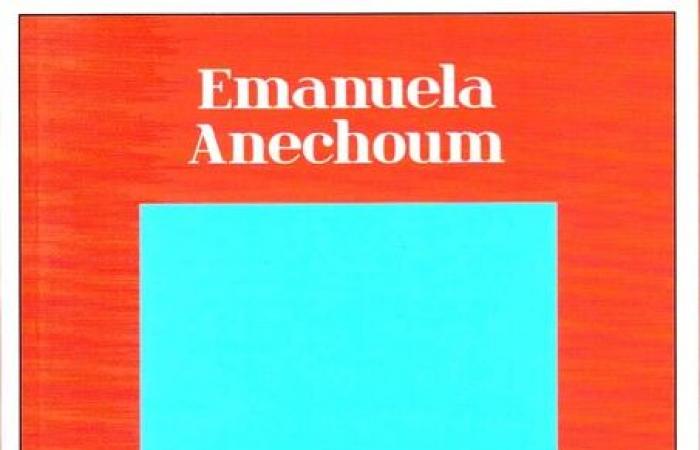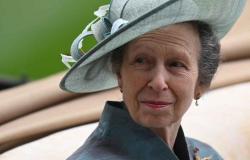(by Paolo Petroni) EMANUELA ANECHOUM. ”TANGERINN” (E/O, PP. 248 – 18,00 EURO). ”You never run away from something, you always run toward something. Run toward yourself, toward the things that are enough for you, knowing that if they weren’t there, there would always be others”: this is what we would say the teaching left to his daughter Mina by her father Omar, to whom she, after his death, addresses using the second person in these intense, poetic, melancholic, ironic and sometimes dramatic pages, which have just been awarded the Premio Letterario Città di Lugnano. She thus retraces their story, mirroring her own uprooting in his at the moment in which she finds herself driven to search for her roots and those things, through the reinventions of a novel, but with an autobiographical basis.
It is ultimately an invitation to those who find themselves having to leave not to do it by running away, which can be done in many ways, always by giving up on oneself, instead of finding oneself and learning to know how to choose. Mina has run away to London where she thinks she is free but ends up psychologically and materially dependent on the fascinating figure of the beautiful Liz, a successful, powerful, generous and rich digital activist. A freedom that reveals all its limits at the first meeting with her sister Aisha (“Freedom does not exist, she said. There is only choosing one’s own cages”), who remained in the small mafia village in southern Italy, in Calabria, where Mina also grew up, which she never loved and where she is now returning for the funeral of her father, who had opened the Tangerinn bar on the beach frequented mostly by immigrants.
A return that doubles, after the first one that was immediately painful and intolerant, so much so that she will return to London, but to quickly mature her abandonment. It is then that Mina will surprisingly rediscover herself in everyday life as if she had never left, and she narrates it in parallel with the inevitable need to also face the past, remembering and reconstructing as if in dialogue with the cumbersome presence of the paternal figure. Around her are her relatives, all women, who feel orphaned and isolated in the country where they are frowned upon for their marriage to the Moroccan immigrant of their mother Berta, selfish and capricious, already the daughter of an unmarried mother, with a past of illusory violence during the Years of Lead, when she conceived her by chance. Today she moves her, old and sad, especially when she hears the question ”suddenly, almost absentmindedly, can I be ‘mother’ again?”. To Mina who, among other things, was born darker than her sister, and for this reason she feels paranoidly judged by others.
So there are many things for her to make peace with and a multi-level interweaving of various stories, present and past. There is her father’s old friend Rashid, who when Mina finally goes to Morocco she meets in Tangier and talks to her about a father in whom she recognizes her own discomfort. He remembers how he accused his friend of wanting to leave because he was restless and always dissatisfied in search of something impossible to find, revealing to him that ”the secret is to be content”.
Above all, there is her sister, who consoles her: ”No one taught us to ask ourselves what we really want, but only what we should desire. We have never felt safe enough to take risks, real risks I mean, for our dreams”. Aisha, to whom she then offers to stay for a while to take care of the bar, to give her the opportunity to re-enroll in university, since when he left for London he left her alone, forced to work and take care of the Tangerinn. There are the various immigrants, many passing through, and among them Nazim who collaborates with Doctors Without Borders and is a Turk she likes but does not want to tie himself down, which is fine with her.
Looking back, but looking forward, it is ultimately the discovery of affections and of what one has and did not understand that gives meaning to everything in this excellent novel, skillful in writing and construction, capable of various registers, the fruit of fine sensitivity, tormented and resolved in dealing with the themes of uprooting, diversity, religious conflicts, knowing how to capture moods and contradictions, pains and joy of all the characters, involving the reader, and showing a maturity that does not seem to be that of a first work.
Reproduction reserved © Copyright ANSA






